Sorbitol – Premium Food-Grade Sweetener and Humectant
$15.00 – $28.00
Chemical Information:
- Chemical Name: Sorbitol
- Synonyms: D-Sorbitol, Glucitol
- Molecular Formula: C6H14O6
- Molecular Weight: 182.17 g/mol
- CAS Number: 50-70-4
Physical Properties:
- Appearance: Clear, colorless to slightly yellow viscous liquid (liquid form) or white crystalline powder (solid form)
- Odor: Odorless
- Taste: Sweet, non-cariogenic
- Melting Point: 95–100°C (for crystalline form)
- Boiling Point: ~296°C (565°F)
- Density: ~1.28 g/cm³ at 25°C (liquid form)
- Solubility:
- Soluble in water
- Slightly soluble in ethanol
- Insoluble in most organic solvents
Chemical Properties:
- pH (in solution): Neutral to slightly acidic (5–7)
- Stability: Stable under normal conditions, but may degrade under high temperatures or acidic conditions.
Grade and Purity:
- Grade: Food Grade, Pharmaceutical Grade, Industrial Grade
- Purity: ≥98% (solid form) or 70% aqueous solution (liquid form)
Description
Discover the versatility of Sorbitol, a high-purity sweetener and humectant designed for food, cosmetics, and industrial applications. With its excellent moisture retention and stability, Sorbitol enhances the texture and quality of a wide range of products, from baked goods to skincare formulations.
Applications of Sorbitol
Food and Beverage Industry
- Sweetener: Used as a low-calorie alternative to sugar in sugar-free and reduced-calorie foods like candies, gums, and baked goods.
- Humectant: Retains moisture in products like cakes, cookies, and pastries to enhance texture and shelf life.
- Stabilizer and Thickener: Improves consistency in syrups, jams, jellies, and frozen desserts.
- Beverages: Adds sweetness and smooth texture to sugar-free and low-calorie drinks.
Cosmetics and Personal Care
- Moisturizer: Acts as a humectant in lotions, creams, and moisturizers to hydrate and soften the skin.
- Hair Care: Retains moisture and improves texture in shampoos, conditioners, and styling products.
- Toothpaste and Mouthwash: Provides a smooth texture and a slightly sweet taste while maintaining moisture.
Pharmaceuticals
- Base for Syrups: Used as a carrier and sweetener in medicinal syrups and elixirs.
- Chewable Tablets and Lozenges: Adds sweetness and enhances mouthfeel in over-the-counter and prescription products.
- Laxatives: Acts as an osmotic agent in over-the-counter laxative solutions.
Industrial Applications
- Plasticizer: Improves flexibility and durability in materials like plastics and resins.
- Stabilizer: Used in the production of certain industrial chemicals to enhance stability and performance.
Agriculture
- Plant Care: Used in some formulations for plant nutrition and moisture retention.
Medical Applications
- Ophthalmic Solutions: Included in artificial tears and eye drops to maintain moisture.
- Diabetic Foods: Suitable for inclusion in diabetic-friendly products due to its low glycemic index.
DIY and Home Use
- Skincare Formulations: Commonly used in homemade lotions, creams, and soaps for its moisturizing properties.
- Sugar-Free Baking: A popular ingredient for home bakers creating diabetic- or keto-friendly recipes.
Storage:
- Temperature:
- Store in a cool, dry, and well-ventilated area.
- Maintain storage temperatures between 15°C and 30°C (59°F to 86°F) to prevent degradation or microbial growth in liquid solutions.
- Containers:
- Use airtight, moisture-proof containers for crystalline sorbitol to prevent clumping due to its hygroscopic nature.
- Store liquid sorbitol in food-grade, corrosion-resistant containers, such as stainless steel or HDPE plastic, to prevent contamination.
- Environmental Conditions:
- Protect from direct sunlight, heat, and sources of ignition.
- Avoid exposure to moisture for solid sorbitol to maintain product integrity.
- Segregation:
- Keep away from strong oxidizing agents, acids, and reactive chemicals.
- Labeling and Signage:
- Clearly label storage containers with the product name, grade, and safety information.
Handling:
- Personal Protective Equipment (PPE):
- Eye Protection: Wear safety goggles to prevent accidental splashes of liquid sorbitol.
- Skin Protection: Use gloves when handling sorbitol, especially in large quantities.
- Respiratory Protection: Not typically required, but use a dust mask if handling powdered sorbitol in bulk.
- Ventilation:
- Handle in a well-ventilated area to minimize exposure to dust or vapors during processing.
- Safe Practices:
- Avoid creating dust during handling of crystalline sorbitol.
- Prevent prolonged contact with skin or eyes.
- Ensure proper hygiene by washing hands after handling the product.
Spill and Leak Management:
- Small Spills:
- For crystalline sorbitol, sweep up material and place it in a sealed container for disposal or reuse if uncontaminated.
- For liquid sorbitol, use absorbent materials such as sand or paper towels and clean the area thoroughly.
- Large Spills:
- Contain the spill with barriers to prevent spreading.
- Remove using appropriate equipment and clean the area with water.
Disposal:
- Dispose of sorbitol and any contaminated materials in accordance with local, state, and federal regulations.
- Sorbitol is biodegradable and non-toxic, making it safe for disposal in most cases, but verify with local guidelines.
Additional information
| Size | 250 GRAMS, 500 GRAMS, 1000 GRAMS |
|---|
Be the first to review “Sorbitol – Premium Food-Grade Sweetener and Humectant” Cancel reply
Related products
-
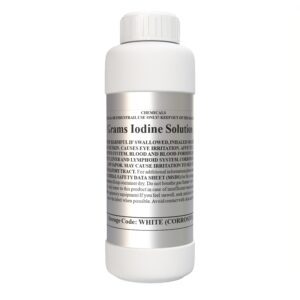
Gram’s Iodine Solution | Microbiology Staining Reagent
$12.00 – $28.00 Select options This product has multiple variants. The options may be chosen on the product page -
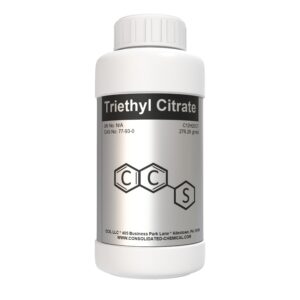
Triethyl Citrate HP Aroma/Flavor/Fragrance Compound
$12.00 – $150.00 Select options This product has multiple variants. The options may be chosen on the product page -
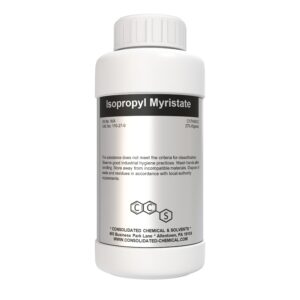
Isopropyl Myristate (IPM) – Premium Grade Emollient
$14.99 – $45.00 Select options This product has multiple variants. The options may be chosen on the product page -
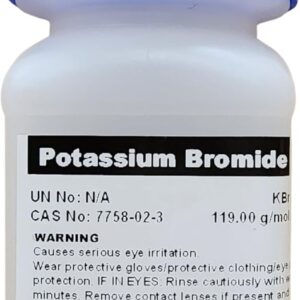
Potassium Bromide (KBr) | Laboratory & Pharmaceutical Grade
$16.00 Select options This product has multiple variants. The options may be chosen on the product page
SKU: N/A
Categories: Flavoring Agent, Food Additive, Misc. Products (13), Sweetener
Tags: 500g, Bulk Sorbitol Supplier, Buy Sorbitol Online, Chemical, E-Number Sorbitol, E420 Sorbitol, FCC Grade Sorbitol, Food-Grade Sorbitol, Halal Sorbitol, High, High-Purity Sorbitol, Industrial Sorbitol, Kosher Sorbitol, Liquid Sorbitol, Low-Calorie Sweetener Sorbitol, Natural Sweetener Sorbitol, Non-GMO Sorbitol, Pharmaceutical-Grade Sorbitol, Purity, Sorbitol, Sorbitol 70%, Sorbitol as a Carrier in Pharmaceuticals, Sorbitol as a Green Chemical, Sorbitol as a Moisturizer, Sorbitol as a Non-Cariogenic Sweetener, Sorbitol as a Non-Irritating Sugar Alcohol, Sorbitol as a Non-Toxic Additive, Sorbitol as a Stabilizer, Sorbitol as a Sugar Substitute, Sorbitol as a Sugar-Free Alternative, Sorbitol as an Alternative to Glycerin, Sorbitol as an Eco-Friendly Humectant, Sorbitol as Artificial Sweetener, Sorbitol as Humectant, Sorbitol as Moisturizer, Sorbitol Bulk Supplier, Sorbitol CAS 50-70-4, Sorbitol Exporter, Sorbitol for Animal Feed, Sorbitol for Anti-Aging Products, Sorbitol for Baked Goods, Sorbitol for Baking, Sorbitol for Beverages, Sorbitol for Bio-Based Products, Sorbitol for Biodegradable Plastics, Sorbitol for Biopolymers, Sorbitol for Biotechnological Applications, Sorbitol for Chewing Gum, Sorbitol for Confectionery, Sorbitol for Cosmetic Emulsions, Sorbitol for Cosmetics, Sorbitol for Cough Syrups, Sorbitol for Detergents, Sorbitol for Diabetic-Friendly Foods, Sorbitol for Diabetic-Friendly Products, Sorbitol for Dietary Supplements, Sorbitol for Digestive Health, Sorbitol for Eco-Friendly Packaging, Sorbitol for Fermentation Media, Sorbitol for Fermentation Processes, Sorbitol for Food Applications, Sorbitol for Food Industry, Sorbitol for Functional Foods, Sorbitol for Gastrointestinal Products, Sorbitol for Gel-Based Products, Sorbitol for Haircare, Sorbitol for Household Cleaning Products, Sorbitol for Industrial Applications, Sorbitol for Industrial Detergents, Sorbitol for Ink and Coatings, Sorbitol for Liquid Formulations, Sorbitol for Lotions and Creams, Sorbitol for Low-Calorie Foods, Sorbitol for Medicinal Syrups, Sorbitol for Microbial Growth, Sorbitol for Moisturizing Formulations, Sorbitol for Mouthwash, Sorbitol for Nutraceuticals, Sorbitol for Oral Care, Sorbitol for Oral Health, Sorbitol for Organic Products, Sorbitol for Paper Industry, Sorbitol for Personal Care, Sorbitol for Personal Care Products, Sorbitol for Personal Hygiene Products, Sorbitol for Pet Food, Sorbitol for Pharmaceuticals, Sorbitol for Polyol Production, Sorbitol for Renewable Resources, Sorbitol for Sale, Sorbitol for Sensitive Skin Products, Sorbitol for Shampoo, Sorbitol for Skin Hydration, Sorbitol for Skincare, Sorbitol for Sports & Energy Drinks, Sorbitol for Sugar-Free Products, Sorbitol for Sustainable Manufacturing, Sorbitol for Syrups, Sorbitol for Textile Industry, Sorbitol for Toothpaste, Sorbitol for Toothpaste Binding, Sorbitol for Vegan Formulations, Sorbitol for Veterinary Formulations, Sorbitol for Water-Based Formulations, Sorbitol for Weight Management Foods, Sorbitol Humectant, Sorbitol in Agriculture & Animal Feed, Sorbitol in Baby Care Products, Sorbitol in Candy & Gum, Sorbitol in Dairy Products, Sorbitol in Gluten-Free Foods, Sorbitol in Ice Cream & Desserts, Sorbitol in Laxative Products, Sorbitol in Lotions & Creams, Sorbitol in Oral Medications, Sorbitol in Plant-Based Products, Sorbitol in Processed Foods, Sorbitol in Skin Soothing Products, Sorbitol in Skincare Formulations, Sorbitol Manufacturer, Sorbitol Powder, Sorbitol Solution, Sorbitol Sweetener, Sugar Alcohol Sorbitol, USP Grade Sorbitol, Wholesale Sorbitol


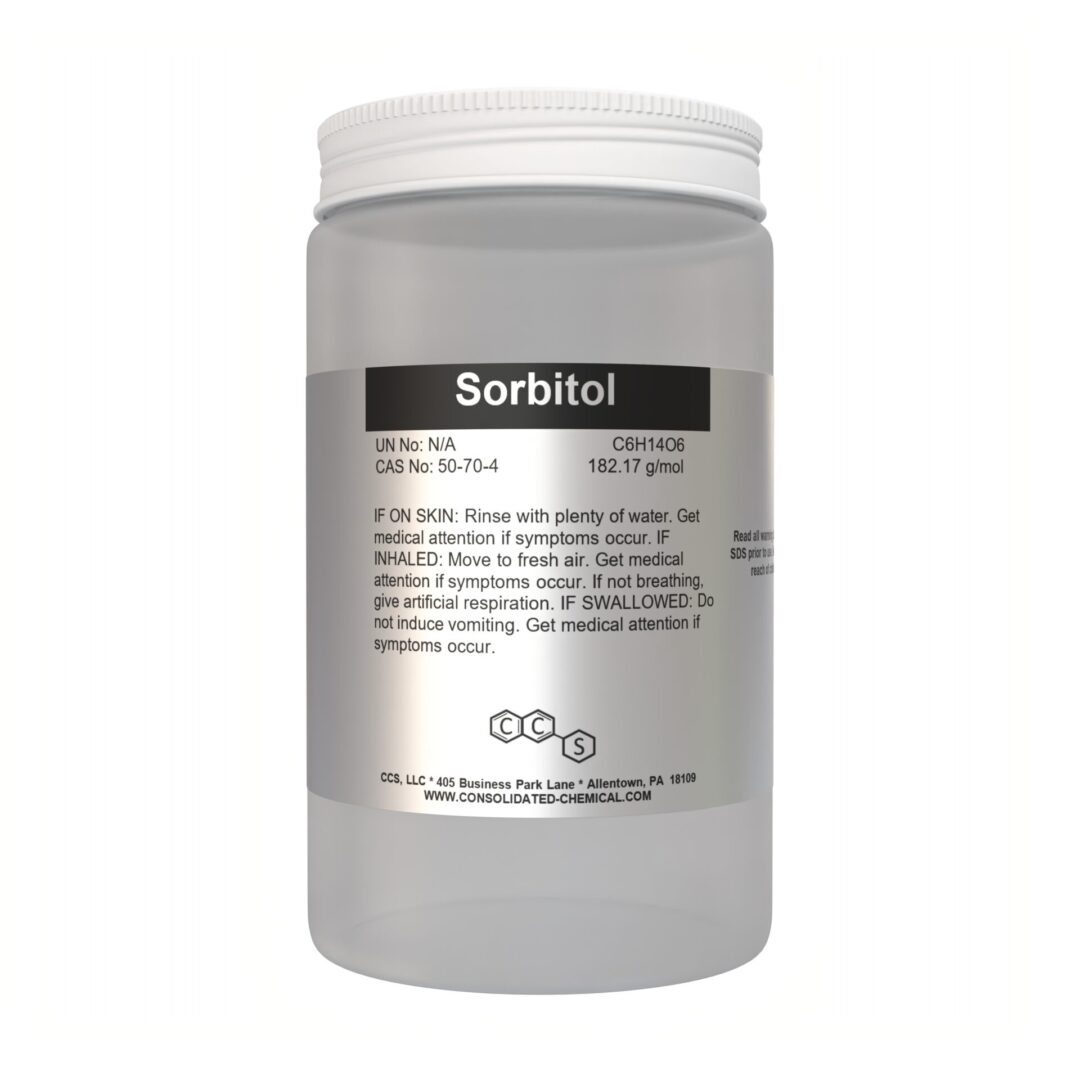
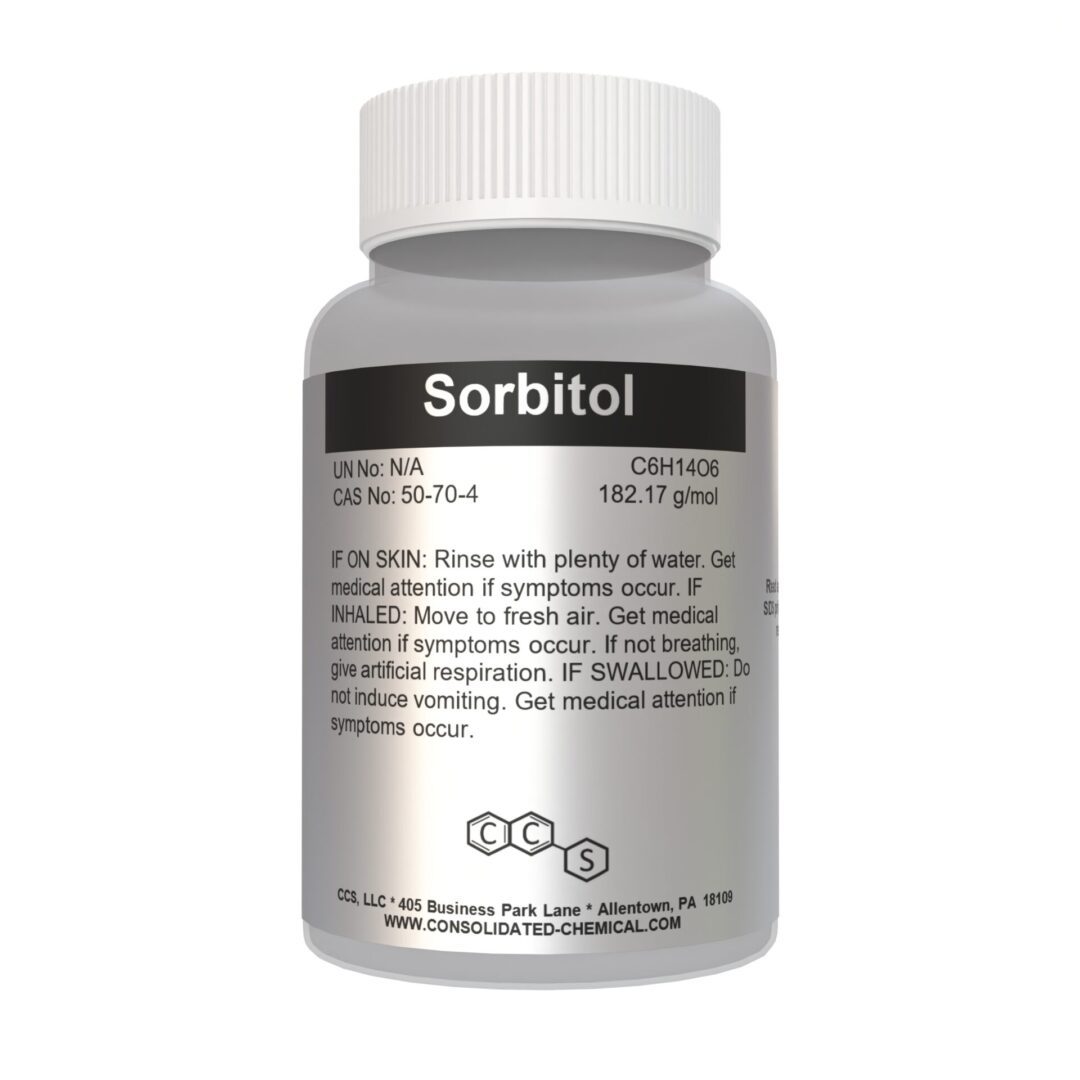

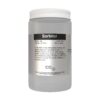
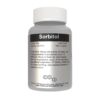
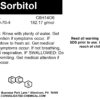
Reviews
There are no reviews yet.